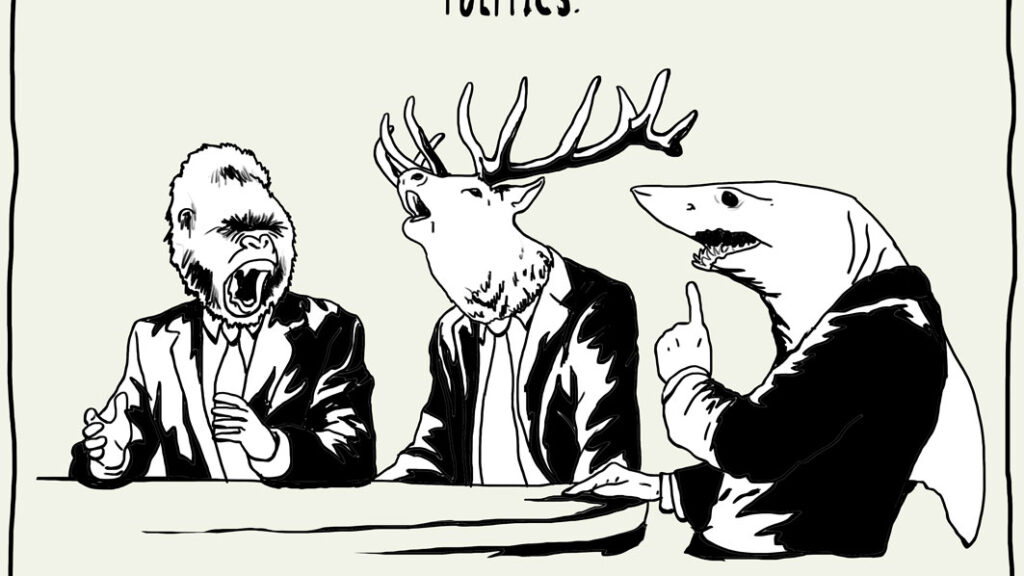No fate is worse for those with anxiety than the act of doing nothing. But there is one tool you were born with that can help calm your mind and body when the weight of a situation becomes too much: your breath.
I am an XPT certified breathwork coach. Often, with my clients going through antidepressant withdrawal, I use my training to teach them how to breathe through the unpleasant side effects. But the techniques are relevant to anyone who suffers from anxiety, and yet little attention is paid to our breath.
Though breath is the single most important life-force on the planet, studies suggest that breathing dysfunction occurs in up to 83% of anxiety sufferers. Breathing dysfunction can negatively impact the body in a number of ways, including reduced blood flow to the brain, and sleep apnea, and higher instances of stress and anxiety.
Anxiety is the body’s way of alerting you to potential danger. It’s that “fight or flight” response that historically, motivated our ancestors to get scared and run away from a hungry tiger. But these days, most people aren’t being chased by a tiger (or its metaphorical equivalent.) Instead, anxiety is created in our minds.
Just because anxiety is created in the mind doesn’t mean it isn’t real. Physiologically, the body doesn’t know the difference between anxiety created because of a physical source and one created in our head. Think of a nightmare, for example. Even though we are safe in our beds without any physical threats, the situation created in our mind can shoot us up out of bed, drenched in sweat, and panting as if the dream was as real as the mattress underneath us.
The breath is like a remote control for the mind, and learning how to harness its power can mitigate the body’s stress response. Several studies have shown that deep breathing, specifically belly breathing that activates the vagus nerve, significantly reduces the stress response in the body. The vagus nerve runs from your brain all the way down to the belly, with branches that extend into your throat, heart, and lungs. When properly stimulated through deep breathing, the nerve regulates the nervous system’s response by turning down the intensity of stress and anxiety.
By breathing with intention, each of us has the power to operate our internal remote control, thereby gaining some authority over the anxiety. With an undetermined future ahead, there’s no better time to gather tools to manage our new uncertain world. You’re going to need every edge we can get, so let’s start with the one you were born with: your breath.
Morning breathwork, to set a calm foundation for the day:
Cadence Breath
Designed to keep you mindful of your breath while also helping your body to kick into a parasympathetic (calm) state, cadence breathing is an ideal breath pattern to ground yourself first thing in the morning.
To begin, sit in a comfortable upright position, either crossed-legged or in a chair. Take a moment to become aware of your breath. Actually look at it. Can you see your belly going out and in? Or maybe your chest moves up and down? Are your lips parted, allowing you to take in air through your mouth? Or is your jaw clamped down tight?
No matter how you typically breathe, commit to spending the next 10–15 minutes breathing only in and out through your nose and into your belly. Keep one hand on your stomach for a tactile reminder, and feel that hand rising and falling with each breath.
Begin with a cadence tempo of 2:2:4:2. That means you’ll inhale through your nose for an honest count of two (one one thousand, two one thousand…), hold your breath for a count of two, exhale through your nose for a count of four, and hold your breath at the bottom of the exhale for two. The crux of cadence breathing is to keep your exhale twice as long as your inhale, so if you’re comfortable at 2:2:4:2, increase the tempo to 3:3:6:3 or even 4:4:8:4. The slower and deeper your breath, the more the vagus nerve is stimulated to lower overall stress.
Breathing for when the anxiety is too much and you need to calm down, now.
4:7:8
If you find yourself on the verge of panic and you don’t have 15 minutes to step away and collect yourself, the 4:7:8 breathing pattern can knock anxiety down in just a handful of breaths.
Simply breathe in the nose for four seconds, hold your breath at the top of the inhale for seven seconds, and exhale audibly out your mouth for eight seconds. This is one breath cycle.
Repeat the breath cycle three more times.
If you find the 4:7:8 too challenging, simply speed up your counting while keeping the inhale:hold: exhale ratio the same.
Breathing for bedtime, because insomnia and anxiety are inextricably linked.
Long exhale + humming
Though humming has long been a staple of yogic breathing and meditation, science has only recently revealed the potential reasons why. Our paranasal sinuses are the main producers of nitric oxide, a gas that plays an important role in vasoregulation (opening and closing our blood vessels) as well as neurotransmission, immune defense, and respiration. When we hum, our nasal passages produce nitric oxide up to fifteen-fold in comparison with quiet exhalation, which leads to lowered blood pressure, heart rate, reduced anxiety, and a grounding feeling of calm that can lull us off to sleep.
Know that there’s a high chance of falling asleep during this exercise, so make sure you’re ready for bed before you begin.
Lying on your back with your head in a comfortable position, simply close your eyes and inhale through your nose, taking in a big breath into your belly. When you’ve taken in a full breath, begin humming and slowly exhale out all your air. Keep the hum deep and low and long, with the vibration coming from the back of your throat rather than your head. Repeat the humming breath for 10 minutes, or until you fall asleep.
Coming September 6, 2022
May Cause Side Effects
Brooke’s memoir is now available for preorder wherever books are sold.
This is a heart-rending and tender memoir that will start conversations we urgently need to have. It’s moving and important.
Johann Hari, author of New York Times bestseller Chasing the Scream and international bestseller Lost Connections: Uncovering the Real Causes of Depression—and the Unexpected Solutions
More articles from the blog
see all articles
October 28, 2022

























